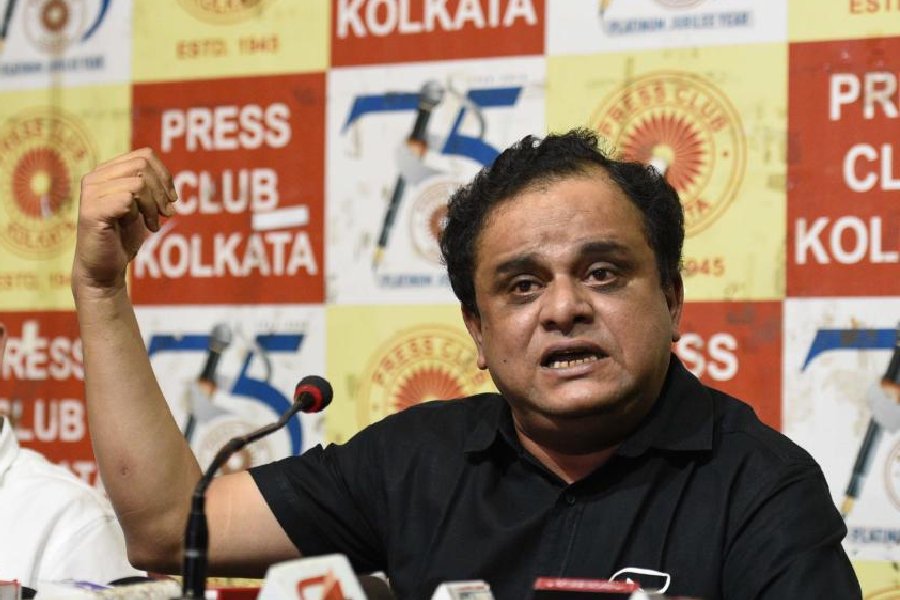Schools will be at liberty to choose the languages they want to offer as part of the three-language formula, education minister Bratya Basu said on Tuesday.
The minister said this a day after the state government drafted the state education policy stating that the “3 language formula shall be applicable for upper primary level (Classes VI to VIII), depending on the availability of infrastructure and resources”.
“The schools will be free to decide which three languages they want to offer based on the availability of infrastructure and resources, such as subject teachers and the number of applications a school receives. We don’t want to impose anything on the schools,” Basu told The Telegraph.
The draft policy led to confusion in certain quarters on whether the state government was insisting on Bengali being studied compulsorily in school. The draft policy says: “Efforts be made to teach Bengali as a subject for students having language combinations other than Bengali from Class I onwards.”
“A suitable curriculum and syllabus may be formulated accordingly. This may continue till Class XII,” says the draft policy, which the state government is going to place in the Assembly in the form of a bill during the ongoing session.
An official in the school education department clarified that “making an effort” does not mean the government wants to impose Bengali on all students.
He also allayed apprehensions that the draft policy suggests that Bengali would be a compulsory third language for students who do not study Bengali as one of the first two languages.
“The schools will have the liberty to choose which three languages they would offer, factoring in the availability of subject teachers and other resources,” he said.
The Bengal government on Monday unveiled its own education policy, which explains to what extent the state has accepted the National Education Policy (NEP) 2020 prepared by the Centre.
The NEP says: “The three languages learned by child-ren will be the choices of states, regions and, of course, the students themselves, so long as at least two of the three languages are native to India.”
In May 2017, then Bengal education minister Partha Chatterjee had announced that students of all schools in the state would have to learn Bengali as a compulsory subject from Classes I to X under the three-language formula, irrespective of their native tongue or the boards their institutes are affiliated to.
The education department later junked the idea as a consensus emerged following a
series of meetings that it would be difficult to get CBSE and ICSE schools to teach
Bengali at all levels as a compulsory paper. Protests had erupted in the Darjeeling hills over the language constraints students there could face.
An official in the school education department on Tuesday said: “We exercised flexibility in 2017. The same
spirit of flexibility has been retained in the state education policy.”
The three-language formula seeks to promote multilingualism.
“But unlike the NEP, which seeks to continue with three-language formula from Class I to VIII, we have sought to introduce the same at the upper primary level (from Class VI to VIII). The three-language formula is not going to be implemen-ted in primary classes keep-ing in mind the developmen-tal needs and abilities of students at that age,” the official said.
